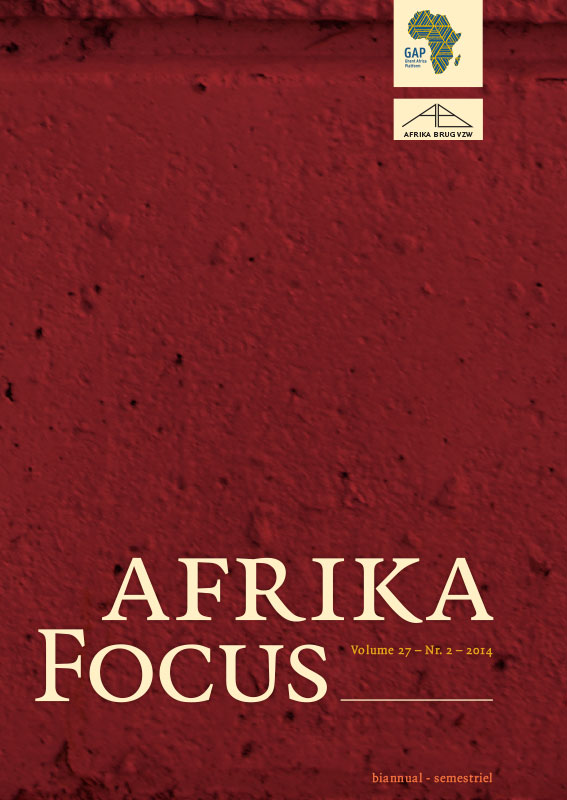Depoliticised ethnicity in Tanzania: a structural and historical narrative
DOI:
https://doi.org/10.21825/af.v27i2.4882Abstract
Much of the literature on ethnicity in Africa regards ethnicity as a central cleavage and associates its politicisation with civil war and deteriorating socio-economic conditions. Tanzanian society is not structured by this cleavage, making it an outlier among African states. Despite the negative impact of politicised ethnicity, little is known of the circumstances through which it germinates and comes to have negative consequences, or how it can be suppressed in Africa. The present article attempts a comprehensive analysis of the structural and historical factors that have made the move away from politicisation of ethnicity in Tanzania possible. It provides an eclectic structural and historical explanation that attributes lack of ethnic salience in Tanzanian politics to a particular ethnic structure, to certain colonial administrative and economic approaches, and to a sustained nation-building ethos. The argument results from a critical analysis of secondary material on ethnicity and the politics of Tanzania. Key words: ethnicity, politicisation of ethnicity, ethnic salience, nation-building, TanzaniaDownloads
Published
How to Cite
Issue
Section
License
Authors who publish with this journal agree to the following terms
Authors retain copyright and grant the journal right of first publication with the work simultaneously licensed under a Creative Commons Attribution License that allows others to share the work with an acknowledgement of the work's authorship and initial publication in this journal.
Authors are able to enter into separate, additional contractual arrangements for the non-exclusive distribution of the journal's published version of the work (e.g., post it to an institutional repository or publish it in a book), with an acknowledgement of its initial publication in this journal.
Authors are permitted and encouraged to post their work online (e.g., in institutional repositories or on their website) prior to and during the submission process, as it can lead to productive exchanges, as well as earlier and greater citation of published work (See The Effect of Open Access).


